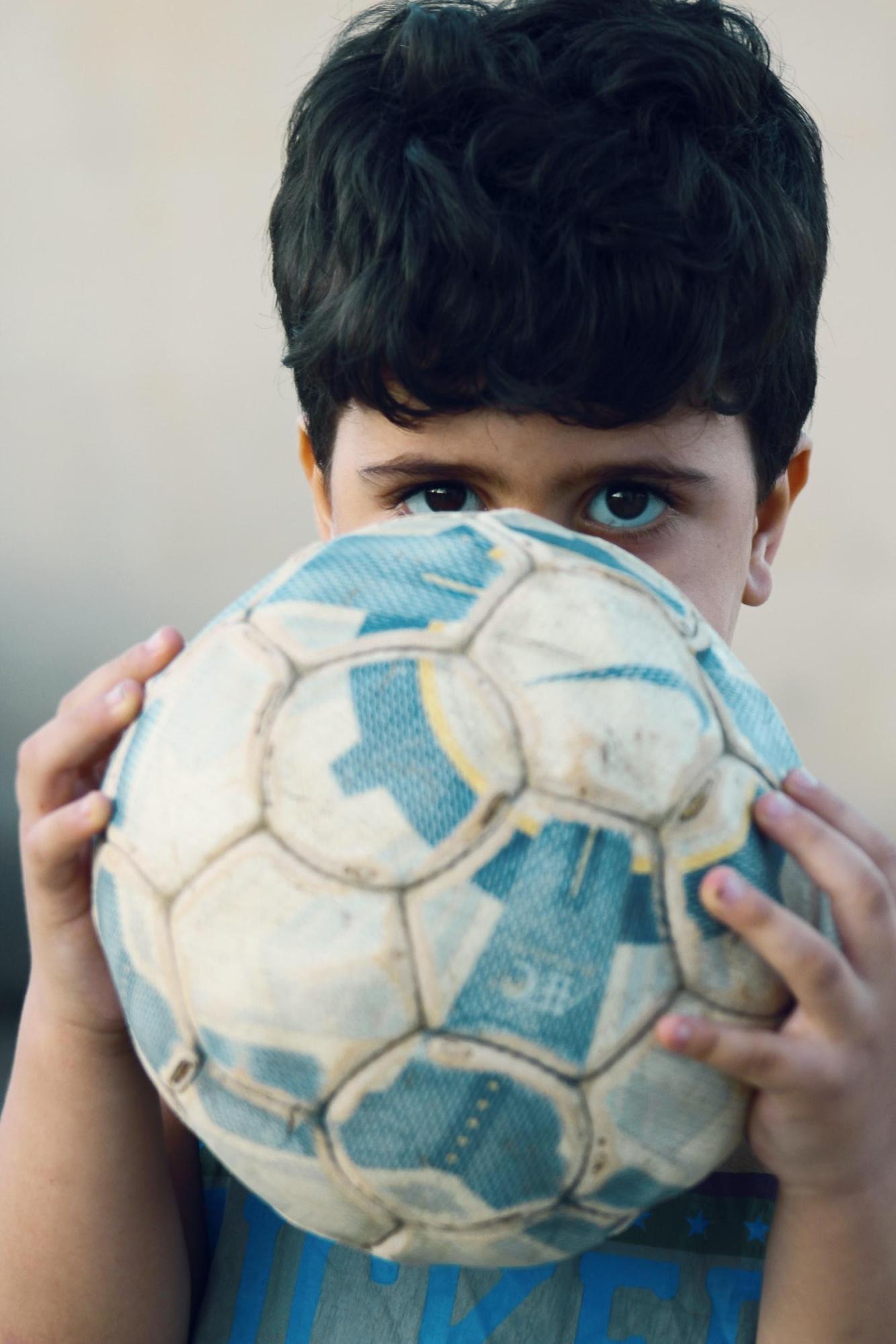Fall is coming, which means one thing for parents of active children: It’s concussion season.
As organized sports like football and soccer are coming back across the state, head injuries in children are on the rise. These injuries can lead to a related eye misalignment. Every year, thousands of children and teens experience serious eye injuries. The majority of these injuries occur while they’re playing sports.
The good news is that these injuries are preventable — and treatable. Learn more about common post-concussive eye problems in children, how to prevent them, and when it’s time to seek treatment.
Sports and Post-Concussive Eye Problems
When someone suffers a blow to the head, it can interrupt how the brain interprets visual signals from the eyes. This is known as post-concussive syndrome. In addition to classic concussion symptoms like dizziness, nausea, and headaches, it can also lead to visual symptoms like:
- Blurred vision
- Double vision
- Difficulty tracking moving objects
- Light sensitivity
- Motion sensitivity
- Eyestrain
What sports present the most significant risk for post-concussive eye problems? Unsurprisingly, contact sports like basketball, lacrosse, ice hockey, football, and soccer, can come at high risk for concussion. Even a mild concussion can impact the vision, but severe concussions can make it hard for a child to attend school, play with friends, or enjoy the activities they love.
This misalignment of the eyes can lead to other conditions, like binocular vision dysfunction (BVD).
The side effects of post-concussive syndrome can often last for weeks or even months after the concussion itself. Some patients have reported feeling symptoms for up to a year.
The Importance of Eye Protection
While these injuries are treatable, the best way to approach post-concussive eye syndrome is prevention.
Everyone should wear properly fitted headgear and other safety equipment, especially when biking, rollerblading, football, or lacrosse. Safety gear can reduce the risk of concussions and related eye problems, but it can’t completely prevent them from happening. Always encourage your child to play it safe on the field and learn the proper techniques to avoid head injuries.
What to Do If Your Child is Injured
If your child experiences a head injury when playing a sport, they should stop playing immediately. If their coach doesn’t take them off the field, you should take them out of the game yourself. Regardless of the severity of the head injury, you should take them to a doctor right away. Blunt force trauma can cause damage that might not be as apparent, but it can be just as urgent.
In the days and weeks after a concussion, signs of post-concussive eye problems might arise. Keep an eye out for the following symptoms in your child:
- Blurry vision and difficulty with coordination
- Double vision
- Sensitivity to light
- Difficulty reading or listening
- An inability to track movement with the eyes
- Physical ache or strain in the eyes
- Visually stimulating tasks leading to headaches
- Partial loss of vision
A medical professional can determine the proper course of treatment for a child experiencing vision problems post-concussion. Depending on the individual symptoms and the severity of the condition, they may recommend treatments like optometric vision therapy, neuro-optometric rehabilitation therapy, or phototherapy programs.
Get Post Concussive Eye Treatment at the NeuroVisual Specialists of Florida
No matter how careful you are to wear a helmet and play responsibly, there’s no way to prevent the risk of concussions on the field entirely. If your child is still experiencing visual symptoms after a concussion, it’s time to get to the root of the issue.
At NeuroVisual Specialists of Florida, Dr. Erin Sonneberg is one of only eight optometrists in the country certified to treat binocular vision dysfunction (BVD) and the only one in Florida. From post-concussive syndrome to BVD, we specialize in helping patients with eye misalignment problems reclaim their life after months or even years of struggling with symptoms.
To schedule an examination or learn more about treatment options, contact us today.


